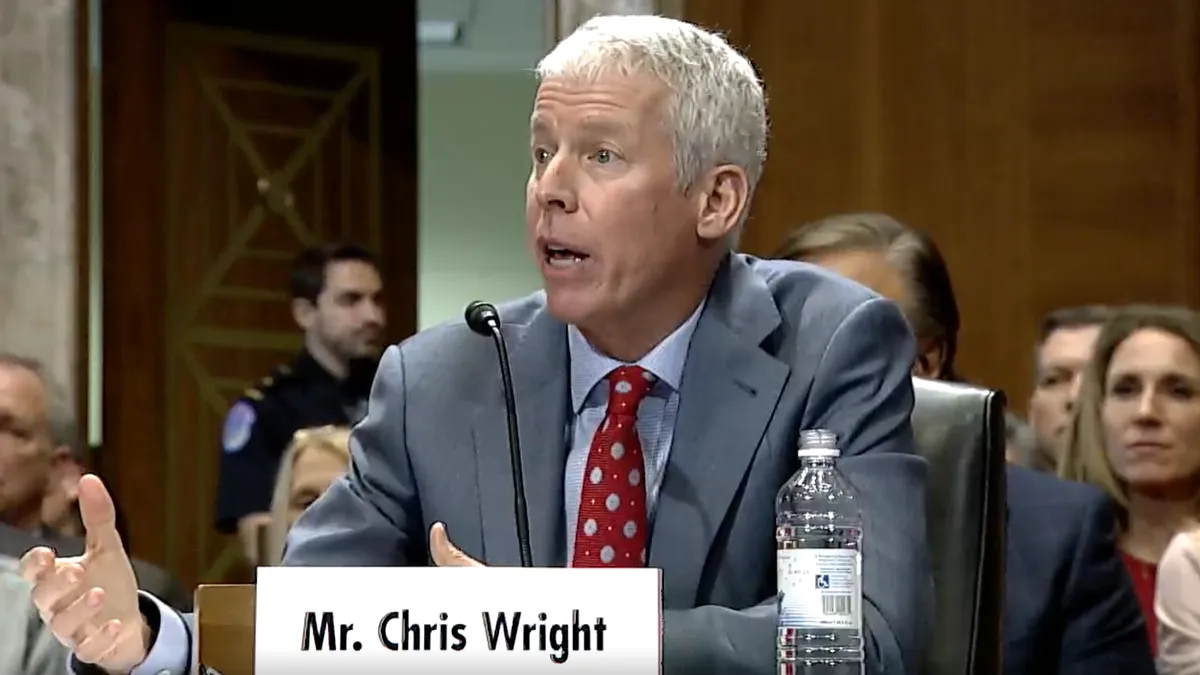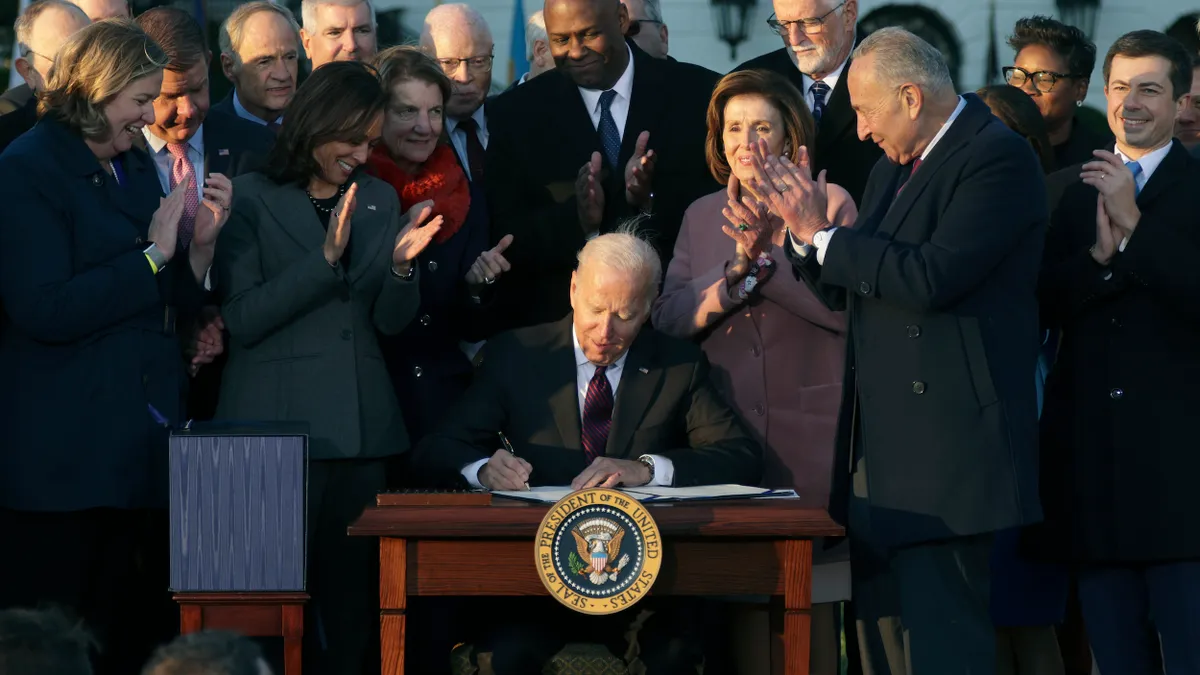When the Mile High City first set its sustainability goals, they were sky-high.
When Mayor Michal Hancock created the Office of Sustainability and set the city's 2020 Sustainability Goals with an executive order in 2013, the goals (ranging from air quality and climate change to land use and housing) were published without a strategic plan.
Jerry Tinianow, Denver’s chief sustainability officer, said that was intentional. The mayor didn't want to spend 18 months crafting a document instead of working to achieve sustainability goals. However, that "hit-the-ground-running" approach caused hiccups. In December of last year, Denver's Office of the Auditor published a 25-page report on the 2020 Sustainability Goals, finding the "audit revealed that the Office of Sustainability does not have an overarching implementation plan for achieving the 2020 Sustainability Goals, and cannot provide the required annual report on the City’s progress towards achievement."
Following suggestions from the report, the Office of Sustainability made some bureaucratic tweaks and got back to work. And rather than being a bureaucratic mess, Tinianow said that some of the adjustments have been a boon.
Since the office started getting monthly reports from the agencies that it works with, they've found success stories across local government. The airport, for example, had quintupled its storage space for donating food waste.
"Getting the reports is the best part of my month," Tinianow said.
Evolution
The 2020 plan came on the tail end of Greenprint Denver, a program that Tinianow called "sustainability 1.0." Like similar programs in other cities, Greenprint began with community-based conversations about what sustainability could mean. The city tackled low-hanging fruit, like installing LED lights. Once Tinianow was brought in as CSO, though, the plan was to go bigger.
"My forward agenda was scale, and everyone plays," Tinianow said.
"Everyone plays" means Tinianow works with 23 city and county agencies. His office is three people, including himself, so a lot of the work done is through inspiring and empowering others. But in the four years the office of sustainability has existed, he's seen more buy ins from the agencies. They respond more quickly, more in detail and are talking to each other.
"We are two things that any bureaucracy doesn't like," he said. "We are new and different, and we are additive."
One project he points to as an example is the police department teaming up with a company called AutoReturn that allows police departments and EMT to get tow trucks to the scene of a crash much faster.
"When they clear those vehicles faster than before, that means less congestion, less air pollution, people making a better use of their time," he said.
In addition to partnering with other agencies, Tinianow's office does its own work, like organizing the first Sustainable Denver summit two years ago. Out of that, the Nissan dealership in Boulder made a pledge that they would give a $5,000 discount to everyone that came in and bought the electric Nissan Leaf during a one month period.
During the second summit, the same car dealership offered a $8,000 discount. This year, all Nissan dealerships in Colorado offered a $10,000 discount through March, bringing the cost down to about $11,500 after other rebates. Tinianow said his brother went in and replaced his and his wife’s car.
"It's paying some dividends," he said.
For the numbers from the progress reports, it’s a mixed bag. Tinianow said that achieving the government goals has been easier since there is more control. For the citizen-driven sustainability goals, Denver is at the mercy of its own popularity. The number of single-occupant vehicles commuting has gone up, not down, as more people move to Denver. Other goals have gotten closer or have already been achieved. Water use is already well under the 1990 base level the original goal set. Recycling is up and emissions are down.
'Nature doesn't care'
Denver doesn't use per capita measurements, deflating its gains compared to some cities that do. But, Tinianow said, that may not be the most important metric to focus on.
"Nature doesn't care about per capita numbers," Tinianow said. "Nature only cares about your total greenhouse gas numbers."
The Alliance for Sustainable Colorado (ASC), a nonprofit that works within Colorado to get governments and businesses to work together to improve sustainability practices, said it was impressed by the goals that Denver has set, but would still like to see more progress toward achieving some of these key goals.
"In particular, we would like to see more effort and energy going into the reduction of the use of fossil fuels, if anything those metrics have gotten worse over the past few years," said Ashley Lovell, the director of communications and marketing at ASC.
Despite the stop and go achievements, the work continues and is getting more groups on board. Even critics are reaching out to do their part.
"The auditor’s office wants to be more sustainable," Tinianow said. "Which I love."



















